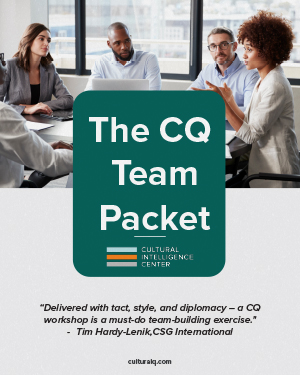In 2022, there are many nations around the globe who celebrate some variation of an annual Pride month. For the LGBTQIA+ community in the United States, that month is June. Around the country, there are Pride events ranging from celebratory festivals to small story hours in libraries featuring inclusive children’s books read by drag artists. Even those who don’t attend Pride events are likely to encounter a wave of rainbow flags superimposed on corporate logos, Pride-themed gear and products at popular retailers, and statements of support in marketing campaigns. The level of affirming awareness these events and examples represent are indicators of welcome social progress. Positive visibility and representation are critical components for the psychological and social wellbeing of members of the LGBTQIA+ community (particularly of our youth).
Equally critical is remembering the historical context of Pride and in turn, increasing awareness of and intentional dialogue about the ongoing barriers faced by the LGBTQIA+ community. Pride, as we know it today, developed following the Stonewall Riots in June 1969, when patrons of the Stonewall Inn in New York City, led by trans women and femmes of color, rioted in response to another anti-LGBTQIA+ police raid. On the last Saturday in June 1970, the first Pride march took place to commemorate the one-year anniversary of the Stonewall Riots and bring attention to the need for gay rights legislation. Since then, laws restricting healthcare access, denying legal protections against discrimination, and other barriers have come and gone in our country.
As a member of the LGBTQIA+ community and more specifically as a queer, non-binary person, there are a few notable examples which have directly impacted my life. The 12th of June 2020 was the fourth anniversary of the Pulse massacre, the shooting in Florida at Pulse Nightclub, where 49 people were killed and 53 wounded by a single gunman. It was, at that time, the deadliest mass shooting in modern U.S. history. On that day, the Trump administration rolled back protections for transgender Americans in the Affordable Care Act. This was a truly devastating blow to a community that already faces disproportionate barriers to healthcare access.
In the decade before accepting a position with the Cultural Intelligence Center I had been let go abruptly from two companies I dedicated years of my labor to after being open about my identity with management and requesting that my chosen name be used. In both cases, I had no legal recourse. So, like many who have experienced similar situations, I updated my resume and began submitting applications, keeping in mind that being openly authentic would likely cost me opportunities. At least in part due to these experiences, I was anxiously awaiting the ruling in Bostock vs. Clayton County, Georgia when I heard the June 12th news. Happily, July 15th brought incredible news. My reaction was euphoric and tearful when the U.S. Supreme Court ruled that sexual orientation and gender identity discrimination are prohibited under federal sex-based employment protections granted in the 1964 Civil Rights Act. Less than half of the states in our nation explicitly prohibited workplace discrimination on the basis of sexual orientation or gender identity prior to this ruling. The court’s decision specifically addressed the cases of Aimee Stephens, Donald Zarda, and Gerald Bostock. Ms. Stephens and Mr. Zarda both passed before the decision was made.
I was fortunate enough to find an affirming environment among my colleagues at the Cultural Intelligence Center before this landmark ruling. The announcement gave me hope and increased my determination to do what I could to help others experience the same level of psychological safety in their own contexts. This still influences the work I do each day and acts as a reminder of the importance of the work the CQ Center does alongside the global community of facilitators, partners, and CQ champions. In recognition of the roots of Pride and the rich legacy of countless activists, allies, and organizations who followed, I invite and challenge you to go beyond attending fun events or purchasing Pride swag this and in future years. Support advocacy efforts, seek learning opportunities, reflect on how you can advance inclusive initiatives, and center the voices of LGBTQIA+ people in dialogues about the issues which impact us personally and professionally.
Happy Pride!
